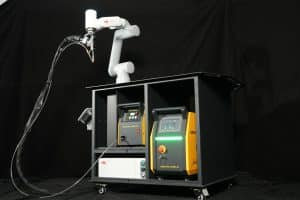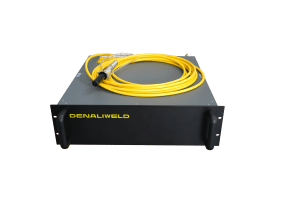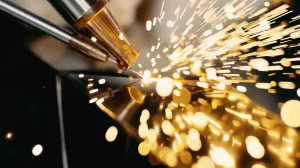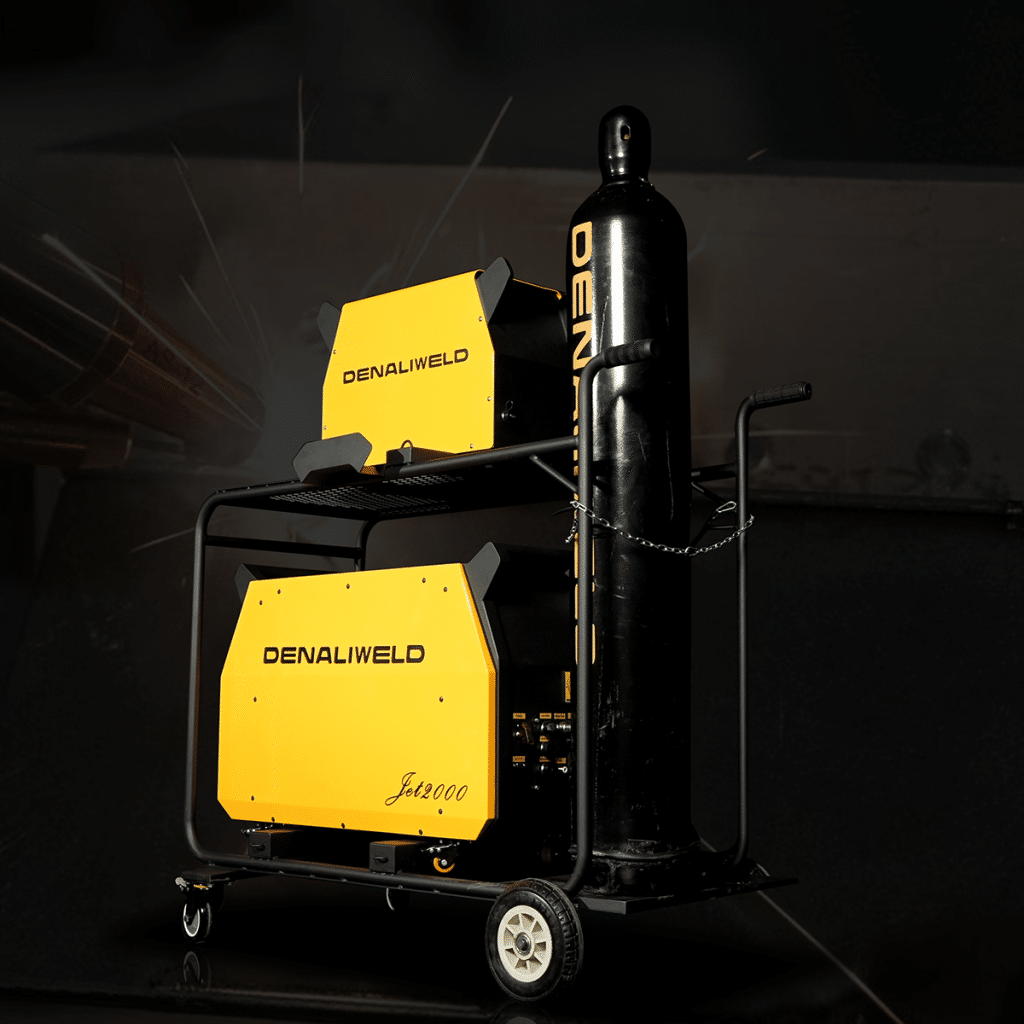Rust is a major problem when it comes to metal items, especially industrial machinery, and removing rust is an even bigger headache. Rust not only damages the surface of the metal and affects its appearance, but also has a serious impact on the precision and service life of the machinery. The appearance of laser descaling machine makes metal descaling no longer difficult. Compared with traditional methods, the non-contact, precision and efficiency of laser descaling are incomparable with traditional descaling methods. More and more companies are now choosing to use laser descaling to deal with rust problems. In the long run, investing in a quality and suitable machine can save your business time, money and resources, while also improving overall productivity and product quality.
Choosing the right laser rust removal machine requires careful consideration of the following factors, and by understanding and evaluating these factors, you can make an informed decision that meets your business goals and requirements.
Precision of the material
In the field of laser descaling, there are two types of fiber lasers, continuous laser (CW) and pulsed laser (MOPA). Pulsed laser descaling machine has a pulsed nature, which makes it work with lower damage to the material; continuous laser descaling machine produces higher energy and heat due to continuous emission of light, which also causes more damage to the material. When the material to be descaled requires high precision, strict control of the substrate temperature and no damage to the substrate after descaling, choose the pulsed laser descaling machine.
Size and complexity of materials
If you need to clean large, complex parts, such as some large steel structures, pipes, etc., you can opt for a higher-powered continuous laser descaling machine due to the large size and rapid heat dissipation, which does not require much damage to the substrate. Some laser machines offer adjustable settings and customizable options to ensure optimal cleaning for a variety of part sizes and complexities.
Types of Materials
Not all laser rust removal machines are created equal, and some are better suited to cleaning certain types of materials. For example, some laser machines are better at cleaning ferrous metals such as iron and steel, and are not suitable for cleaning non-ferrous metals such as aluminum and copper. Make sure the machine’s laser source and settings are matched to the material you are working with. Factors such as laser wavelength and power level may vary depending on the material properties, ensuring efficient and effective rust removal without damaging the surface.
Degree of Rust
The more severe the level of rust, the more powerful the laser rust remover you need will need to be. Determine the level of rust you need to remove, from light surface oxidation to severe corrosion. Some machines offer adjustable power levels and pulse frequencies, allowing you to customize the cleaning process based on the level of rust. Understanding the machine’s ability to handle different rust levels will ensure you get the best cleaning results.
Budget
Pulsed laser descaling machines generally require higher equipment costs due to their technical complexity. Continuous laser descaling machines tend to be less expensive than pulsed laser descaling machines. DENALI laser welding machines have continuous laser descaling capabilities and also produce separate pulsed laser cleaning machines. To learn more, you can leave your contact information and an engineer will contact you.
Summary
Overall, laser descaling machines offer powerful and efficient solutions for rust and corrosion removal, combining precision, versatility and environmental friendliness. They are particularly beneficial for applications where maintaining the integrity of the underlying material is critical. In addition, when using a laser descaler, remember to always follow the manufacturer’s instructions and safety guidelines for your laser descaler. If you have any questions or concerns, consult the user manual or seek assistance from the manufacturer or a trained professional.







